This podcast is sponsored by YARAL Pharma.
In this episode, we are focusing on the management of hypothyroidism -- a treatable, but not curable condition – and will explore unique challenges for patients with hypothyroidism in long-term care – from tolerability and formulation considerations to consistent dosing and patient needs.
Dr. Tamara Ruggles is not affiliated with YARAL Pharma. All views and opinions regarding hypothyroidism are solely her own and are not attributable to YARAL or the Pharmacy Podcast Network.
IMPORTANT SAFETY INFORMATION for levothyroxine sodium capsules
INDICATION AND USAGE
Levothyroxine sodium capsules are L-thyroxine (T4) indicated for adults and pediatric patients 6 years and older with:
Hypothyroidism - As replacement therapy in primary (thyroidal), secondary (pituitary), and tertiary (hypothalamic) congenital or acquired hypothyroidism
Pituitary Thyrotropin (Thyroid-Stimulating Hormone, TSH) Suppression - As an adjunct to surgery and radioiodine therapy in the management of thyrotropin-dependent well differentiated thyroid cancer
Limitations of Use:
Levothyroxine sodium capsules are not indicated for suppression of benign thyroid nodules and nontoxic diffuse goiter in iodine-sufficient patients as there are no clinical benefits and overtreatment with Levothyroxine sodium capsules may induce hyperthyroidism.
Levothyroxine sodium capsules are not indicated for treatment of transient hypothyroidism during the recovery phase of subacute thyroiditis
WARNING: NOT FOR THE TREATMENT OF OBESITY OR FOR WEIGHT LOSS Thyroid hormones, including levothyroxine sodium capsules, either alone or with other therapeutic agents, should not be used for the treatment of obesity or for weight loss. In euthyroid patients, doses within the range of daily hormonal requirements are ineffective for weight reduction. Larger doses may produce serious or even life-threatening manifestations of toxicity, particularly when given in association with sympathomimetic amines such as those used for their anorectic effects.
Contraindications
Uncorrected adrenal insufficiency
Warnings and Precautions
Cardiac adverse reactions in the elderly and in patients with underlying cardiovascular disease:
Initiate Levothyroxine sodium capsules at less than the full replacement dose because of the increased risk of cardiac adverse reactions, including atrial fibrillation
Myxedema coma: Do not use oral thyroid hormone drug products to treat myxedema coma
Acute adrenal crisis in patients with concomitant adrenal insufficiency: Treat with replacement glucocorticoids prior to initiation of levothyroxine sodium capsules treatment
Prevention of hyperthyroidism or incomplete treatment of hypothyroidism: Proper dose titration and careful monitoring is critical to prevent the persistence of hypothyroidism or the development of hyperthyroidism
Worsening of diabetic control: Therapy in patients with diabetes mellitus may worsen glycemic control and result in increased antidiabetic agent or insulin requirements. Carefully monitor glycemic control after starting, changing, or discontinuing thyroid hormone therapy
Decreased bone mineral density associated with thyroid hormone over-replacement: Over-replacement can increase bone reabsorption and decrease bone mineral density. Give the lowest effective dose
Adverse Reactions
Common adverse reactions with levothyroxine therapy are primarily those of hyperthyroidism due to therapeutic overdosage. They include the following:
General: fatigue, increased appetite, weight loss, heat intolerance, fever, excessive sweating
Central Nervous System: headache, hyperactivity, nervousness, anxiety, irritability, emotional ability, insomnia
Musculoskeletal: tremors, muscle weakness
Cardiovascular: palpitations, tachycardia, arrythmias, increased pulse and blood pressure, heart failure, angina, myocardial infarction, cardiac arrest
Respiratory: dyspnea
Gastrointestinal (GI): diarrhea, vomiting, abdominal cramps, elevations in liver function tests
Dermatologic: hair loss, flushing
Endocrine: decreased bone mineral density
Reproductive: menstrual irregularities, impaired fertility
Adverse Reactions in Children
Pseudotumor cerebri and slipped capital femoral epiphysis have been reported in children receiving levothyroxine therapy. Overtreatment may result in craniosynostosis in infants and premature closure of the epiphyses in children with resultant compromised adult height. Seizures have been reported rarely with the institution of levothyroxine therapy.
Hypersensitivity Reactions
Hypersensitivity reactions to inactive ingredients (in this product or other levothyroxine products) have occurred in patients treated with thyroid hormone products. These include urticaria, pruritis, skin rash, flushing, angioedema, various GI symptoms (abdominal pain, nausea, vomiting and diarrhea), fever, arthralgia, serum sickness and wheezing. Hypersensitivity to levothyroxine itself is not known to occur.
Drug Interactions:
Many drugs and some foods can exert effects on thyroid hormone pharmacokinetics (e.g., absorption, synthesis, secretion, catabolism, protein binding, and target tissue response) and may alter the therapeutic response to Levothyroxine sodium capsules. Administer at least 4 hours before or after drugs that are known to interfere with absorption. See full prescribing information for drugs that affect thyroid hormone pharmacokinetics and metabolism.
To report SUSPECTED ADVERSE REACTIONS, contact Yaral Pharma Inc. at 1-866-218-9009, or FDA at 1-800-FDA-1088 or www.fda.gov/medwatch. For Full Prescribing Information, including Boxed Warning, go to www.yaralpharma.com/levothyroxine-pi.






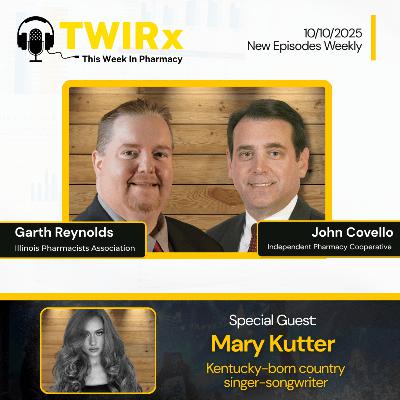
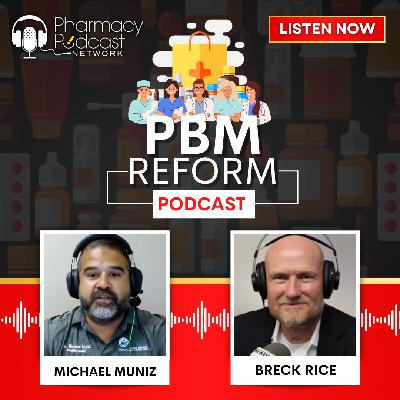
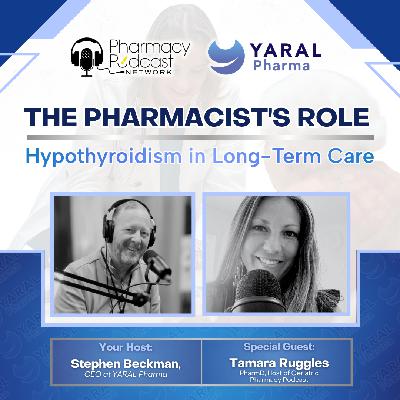


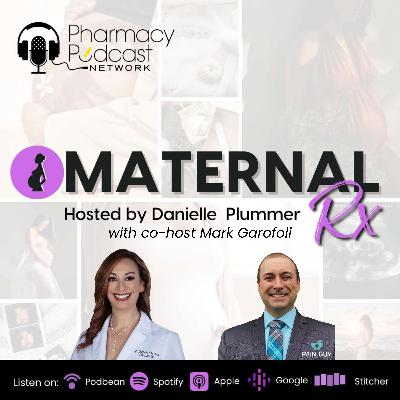
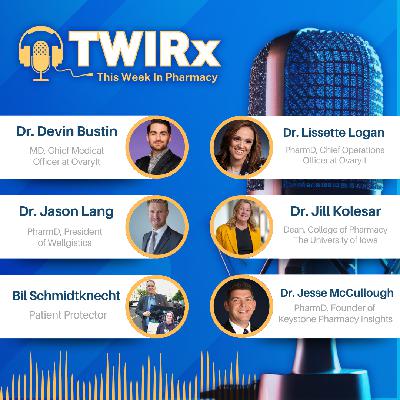

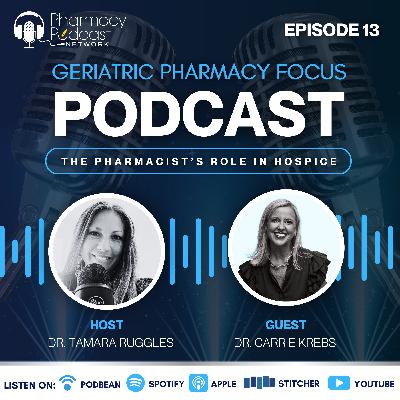
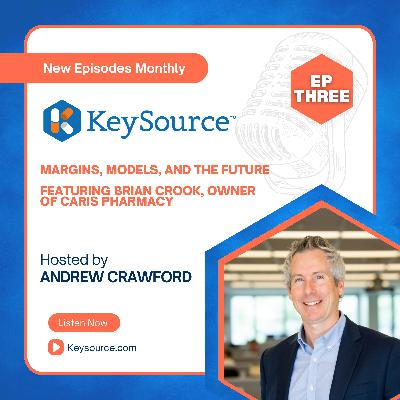
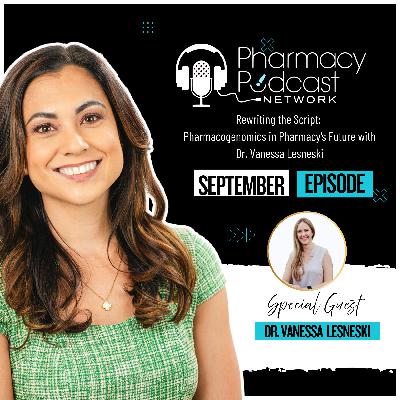


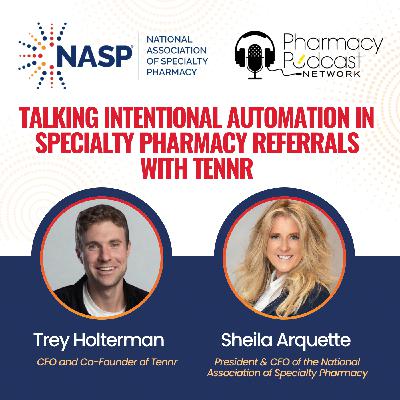


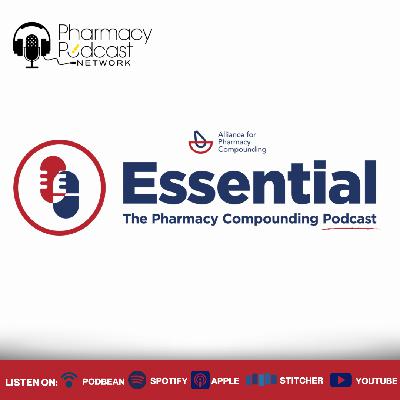
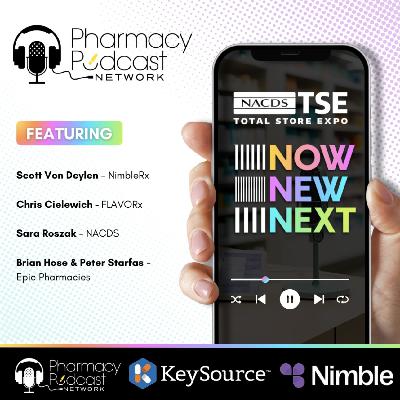
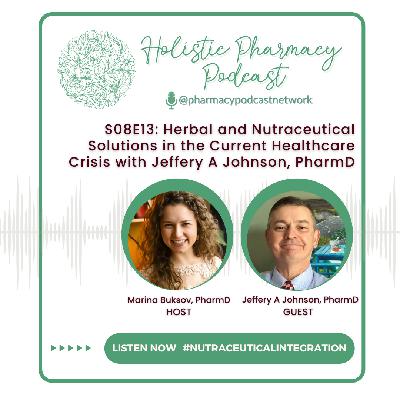




A website unlocking the potential of specialized pharmaceutical e-learning caught my attention. This platform https://viseven.com/elearning-for-pharma-digital-transformation-requires-in-house-talents/ provides specialized courses and certifications in niche areas such as clinical data management, regulatory writing, and pharmacoeconomics. By catering to specific pharmaceutical disciplines, the website equips learners with the expertise needed to excel in their chosen field, filling the gaps in their knowledge and enhancing their professional competence.
thanks for info
Naturopathy is full of psuedoscience.
Business was one of the most difficult spheres and it still being this one. Defending your company can be really harmful idea, especially if you have some external investigations in your pharmacy. Therefore, you can try to use this resource https://www.natlawreview.com/article/how-pharmacy-audit-appeals-process-works to learn more about what to do in such cases. If you are interested in this question, you can try to use it.